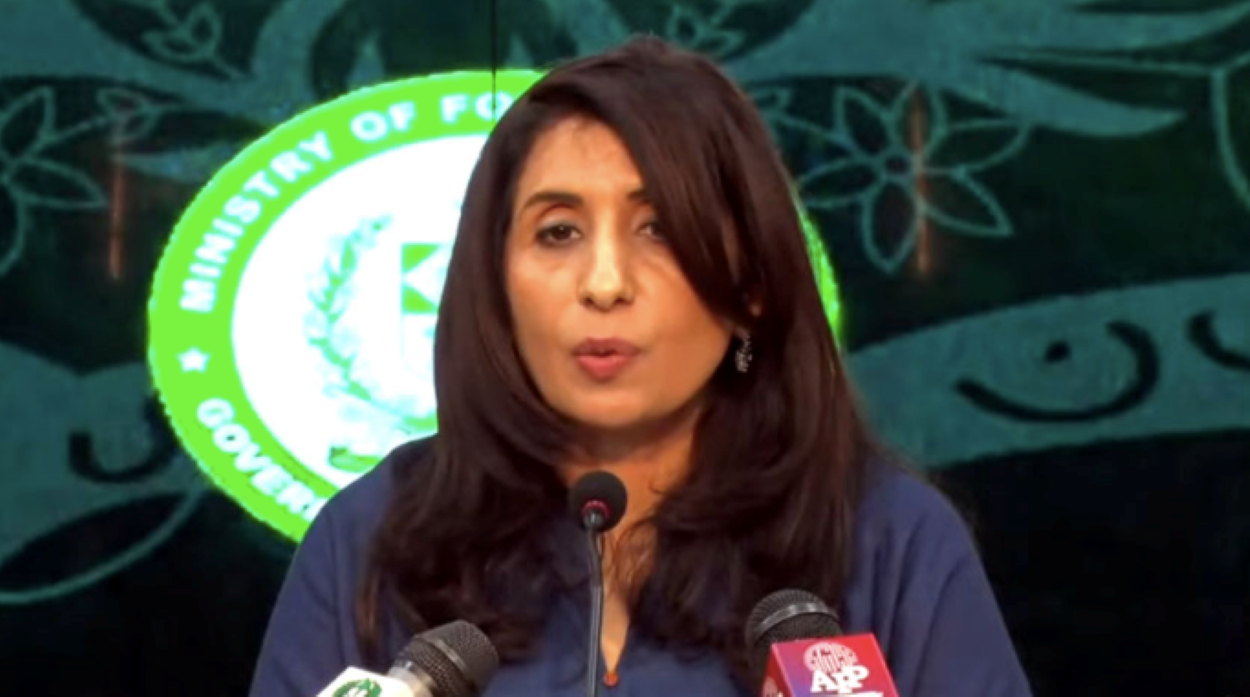The Foreign Office highlighted recent events where India was implicated in an extrajudicial killing in Canada, calling it a breach of international law and UN principles of state sovereignty. During a recent press briefing, spokesperson Mumtaz Zahra Baloch asserted that India’s alleged involvement in the murder of Sikh leader Hardeep Singh Nijjar on Canadian soil casts a shadow over India’s credibility as a global partner. She referred to previous actions by the Indian intelligence agency RAW, pointing out their history of orchestrations in South Asia, specifically highlighting their supposed role in the Lahore attack of June 2021.
Baloch denounced India’s continuous attempts to implicate Pakistan in various encounters, particularly in the Indian Illegally Occupied Jammu and Kashmir (IIOJK). Despite reduced communication levels between India and Pakistan, Baloch affirmed the importance of maintaining diplomatic engagement, even under strained relations, as evidenced by the recent exchange of correspondences between the interim governments of Pakistan and Afghanistan.
Pakistan’s Stance on the Recent Allegations and Past Engagements with India
In a recent New York briefing, Foreign Secretary Syrus Qazi emphasized that Pakistan was not startled by the Canadian Prime Minister’s allegations against India. Drawing upon Pakistan’s extensive experience dealing with India, he recalled several instances of conflict and espionage, including the confessions of Indian spy Kulbhushan Jadhav. Qazi stated that Pakistan’s historical interactions with India, spanning over seven decades, have fostered a deep understanding of India’s global behaviours and tendencies.
Read: Syrus Qazi Unfazed by Canada’s Revelations of Indian Involvement in Sikh Leader’s Death
Reaffirming Pakistan’s resolve to defend its sovereignty, Qazi urged the international community to scrutinize India’s actions on the world stage, hinting at their alleged contributions to instability in Pakistan and the broader region.






